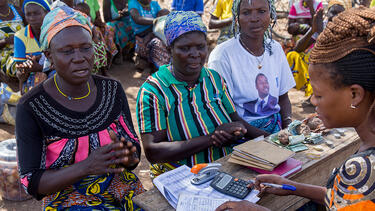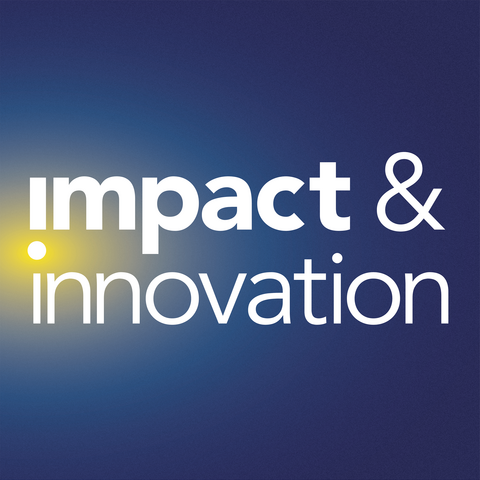Social Impact
The Funding Crisis Facing Nonprofits
We talked to Andrea Levere ’83 and Alexandra Sing ’20, CEO and COO of Capitalize Good, about the state of the social sector and the increased urgency of their work working with funders and nonprofits to move toward a model of stable, long-term capital.
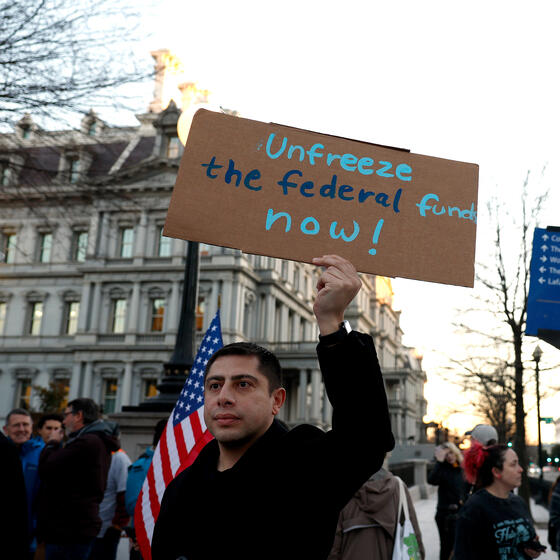
How You Can Invest in Racial Justice
Yale SOM’s Teresa Chahine and a panel of experts discussed how businesses, financial firms, and regular investors can make choices that empower local businesses and increase opportunity.
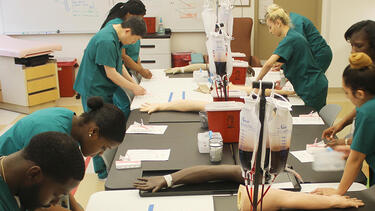
Feeding First Responders
John Wang SOM/YLS ’09, founder of the Queens Night Market, describes transforming the community camaraderie and diverse food that made the market a draw into a project to feed first responders.
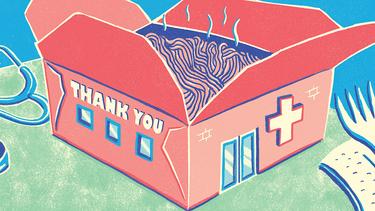
Don’t Stop Investing in Philanthropic Goals
We asked Teresa Chahine, an expert in social entrepreneurship and public health, how philanthropies and donors can respond to the turmoil caused by COVID-19 while keeping their long-term goals in mind.
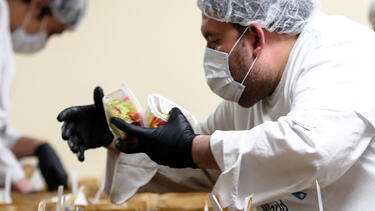
Responding to COVID-19 in the Developing World
The mass social distancing strategy being used to mitigate the spread of COVID-19 in the United States and Europe doesn’t easily translate to a developing country like Bangladesh, which lacks the capacity to impose restrictions or provide a social safety net for the unemployed.
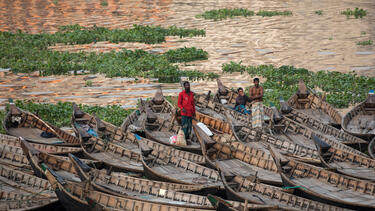
How Evidence Can Make International Development More Effective
Research by Yale SOM’s Rodrigo Canales and Tony Sheldon points toward a new model that brings together academics, policy makers, and NGOs from the beginning of the process in order to better integrate evidence generation into policy and practice.
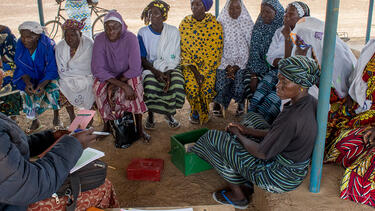
Study Leverages Peer Effects to Encourage Adoption of Hygienic Latrines
Consumers often aren’t willing to take a chance on a new product until their neighbors do. A new study investigated the use of targeted subsidies that leveraged such "peer effects" to spark adoption of hygienic latrines, which reduce the spread of pathogens.

Three Questions: Prof. X. Frank Zhang on the Drop in Charitable Giving
Adjusted for inflation, charitable giving in the United States fell by 1.7% in 2018, We asked Prof. X. Frank Zhang what explains the decline and how policymakers can encourage more giving.

Is Making an Impact the Path to Profit?
According to Prof. Henrietta Onwuegbuzie of Lagos Business School, entrepreneurs focused on solving problems and ongoing innovation grow their businesses faster, make more money—and have a bigger impact than any government or nonprofit.
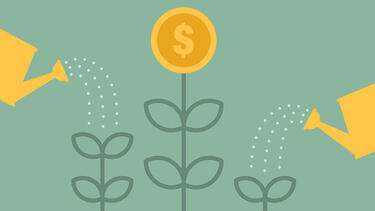
James Robertson ’99 on the Fallout from Doing the Right Thing
James Robertson ’99, former CEO of the India HIV/AIDS Alliance, on facing the consequences of a tough ethical call—and the unexpected upside that can result.
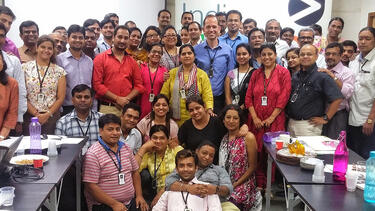
Can the Microcredit Model Be Improved?
Studies suggest that the long-term impact of microfinance is limited. Yale SOM’s Mushfiq Mobarak and the University of Chicago’s Vikas Dimble write that the much-touted policy tool can help more people by modifying and extending its model.
